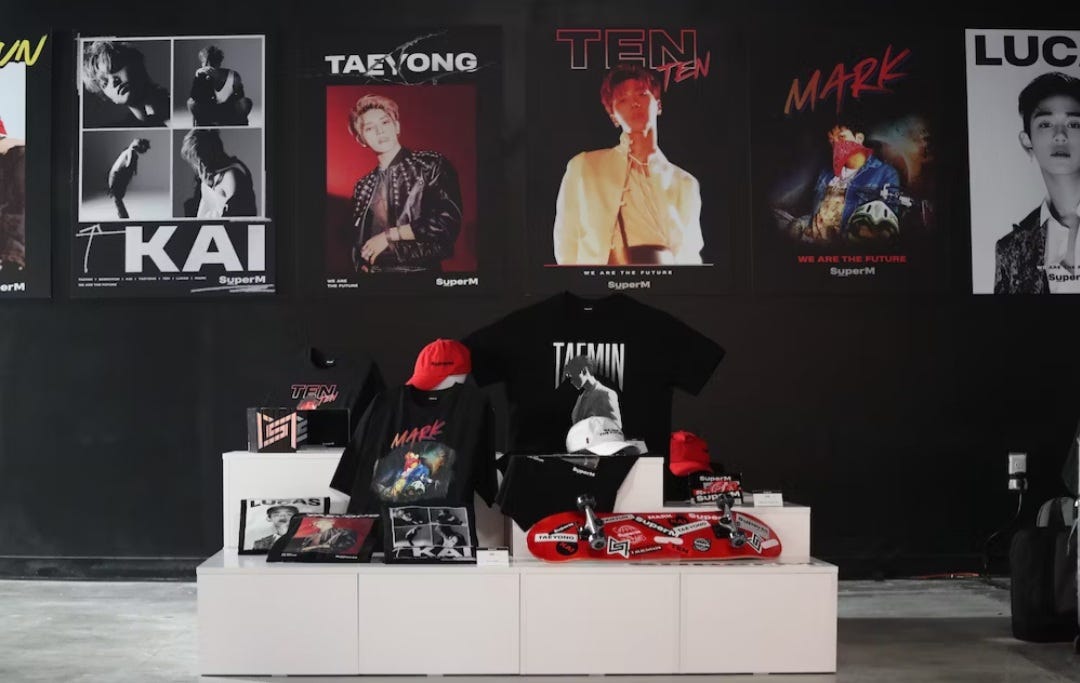Rewriting with HTML tags:
K-Pop and J-Pop: The Dark Side
Credits: unsplash
K-Pop and J-Pop have taken the world by storm, captivating audiences with their catchy music, mesmerizing visuals, and polished performances. However, behind the glamour and success lie deep-rooted issues of exploitation and immense pressures on the mental health of artists within these entertainment industries. This article delves into the darker aspects of K-Pop and J-Pop, shedding light on the challenges faced by idols and the urgent need for change.
The Idol Factory: Exploitation in the Pursuit of Perfection
- Rigorous Training: Aspiring idols often undergo years of intense training in singing, dancing, and even foreign languages. This grueling process can start at a young age and is marked by strict diets, exhausting schedules, and little personal time.
- Contracts and Control: Many idols sign lengthy contracts with management agencies that often dictate every aspect of their lives, from personal relationships to public appearances. The power dynamics heavily favor management companies, leaving artists with limited autonomy.
- Pressure to Conform: Idols are expected to maintain a carefully crafted public image, often portraying themselves as flawless, cheerful, and devoted to fans. This can lead to a lack of authenticity and the suppression of personal identities.
Mental Health Struggles: A Silent Battle
- Isolation: The demanding schedules and lack of personal time can lead to profound feelings of isolation and loneliness, even among idols who are part of a group. The pressure to maintain an ideal image can exacerbate this sense of isolation.
- Performance Anxiety: The constant scrutiny and expectations for flawless performances take a toll on an artist’s mental health. The fear of making mistakes in the public eye can lead to anxiety disorders and even panic attacks.
- Body Image Issues: The emphasis on physical appearance in the industry can result in unhealthy relationships with food, leading to eating disorders and body dysmorphia.
- Lack of Mental Health Support: Mental health remains a taboo subject in many Asian cultures, and idols may not receive the support and resources they need to address their mental health struggles.
The Way Forward: Acknowledgment and Change
- Increased Transparency: The entertainment industry needs to become more transparent about the treatment of its artists, including contract details, working conditions, and mental health support.
- Mental Health Awareness: There must be a shift toward destigmatizing mental health issues within the industry. Encouraging artists to seek help without fear of reprisal is essential.
- Balanced Schedules: Agencies should prioritize the well-being of idols by ensuring manageable schedules, adequate rest, and opportunities for personal growth.
- Respect for Individuality: Embracing the diversity of talent and personalities among idols can foster more authentic and healthy expressions of artistry.
Credits: unsplash
Conclusion
K-Pop and J-Pop have undoubtedly left an indelible mark on global music and culture. However, the price of fame and success for many artists in these industries remains high, with exploitation and mental health pressures often taking a severe toll. It is incumbent upon fans, industry stakeholders, and society at large to advocate for change, promote mental health awareness, and ensure that the stars we adore are not sacrificed at the altar of entertainment. The road to a healthier and more compassionate entertainment industry is one that must be paved with understanding, empathy, and genuine care for the artists who bring joy to millions around the world.

